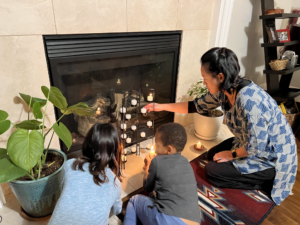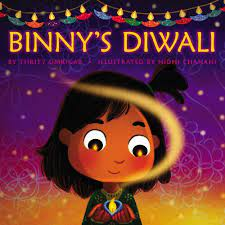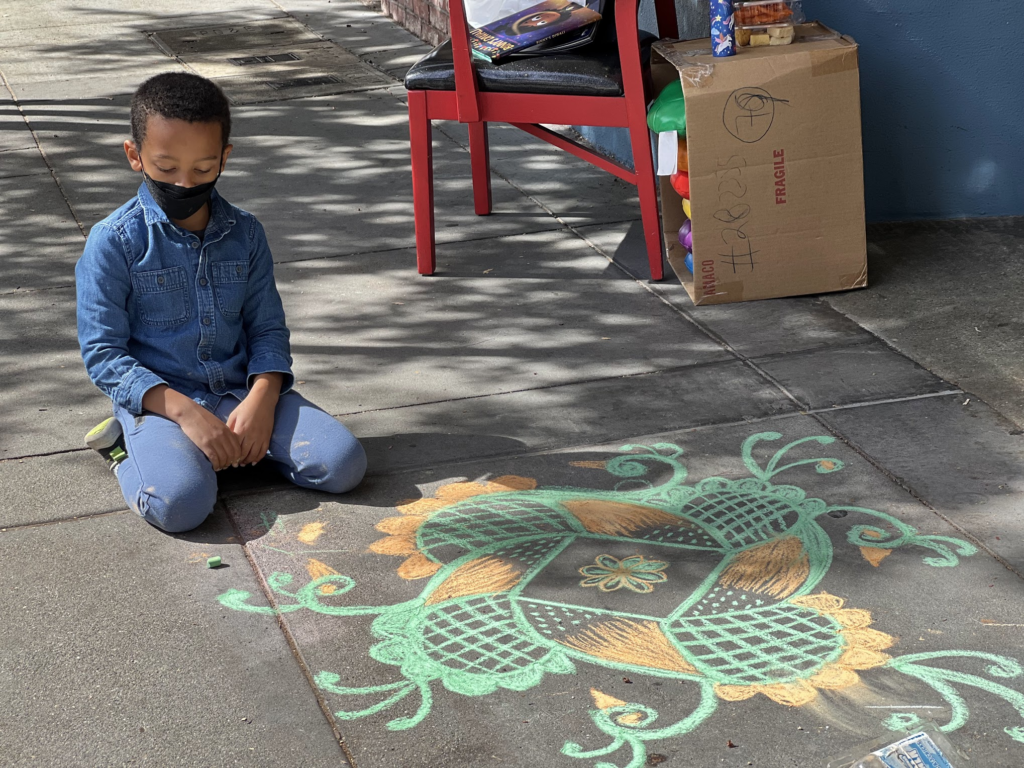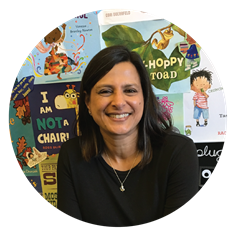This year, Diwali, the Indian Festival of Lights falls on October 24. The word ‘Diwali’ (or Deepavali, as it is known in some parts of India) comes from the Sanskrit dipavali, meaning “row of lights”, and the origin stories for this holiday vary depending on the region. One legend links Diwali to the Hindu epic Ramayana, where Diwali is the day Rama, Sita, Lakshman and Hanuman returned to the kingdom of Ayodhya after a 14-year exile. Another legend associates Diwali with Krishna’s slaying of the evil demon Narakasura.
 Across all traditions, Diwali marks the triumph of light over darkness, good over evil, and knowledge over ignorance. To celebrate Diwali, candles, clay lamps, and oil lanterns are lit and placed throughout the home, in the streets, and in areas of worship.
Across all traditions, Diwali marks the triumph of light over darkness, good over evil, and knowledge over ignorance. To celebrate Diwali, candles, clay lamps, and oil lanterns are lit and placed throughout the home, in the streets, and in areas of worship.
This year, like others, my family is celebrating Diwali by creating rangolis (patterns on the floor), lighting diyas (clay lamps), eating mithai (sweets), and spending time with family and friends. Two of the books we’re enjoying this season that help us mark the holiday are Amma, Tell Me About Diwali and Binny’s Diwali.
 We’ve been enjoying Amma, Tell Me About Diwali in our family since 2016. Part of the Amma, Tell Me series, this book describes the historical legends associated with Diwali as well as contemporary Indian traditions for celebrating the holiday. It’s from this book that my son learned about the story of Rama, Sita, and Lakshmana returning to Ayodhya and we learned to talk together about the value of honesty and humility that embody the true spirit of Diwali.
We’ve been enjoying Amma, Tell Me About Diwali in our family since 2016. Part of the Amma, Tell Me series, this book describes the historical legends associated with Diwali as well as contemporary Indian traditions for celebrating the holiday. It’s from this book that my son learned about the story of Rama, Sita, and Lakshmana returning to Ayodhya and we learned to talk together about the value of honesty and humility that embody the true spirit of Diwali.
 Binny’s Diwali tells the story of Binny, an Indian child living in the US, who wakes up on Diwali morning nervous and excited because it’s her turn to tell her class about the festival. When it’s time for her to talk with her classmates , she struggles to find the words. But, then, she finds her courage and her voice by recalling her mother’s words (to “remember to tell them about the oil lamps”) — and she tells her friends about how she and her family celebrate Diwali: with fireworks and sparklers, streamers, rangoli, and, of course, sweets.
Binny’s Diwali tells the story of Binny, an Indian child living in the US, who wakes up on Diwali morning nervous and excited because it’s her turn to tell her class about the festival. When it’s time for her to talk with her classmates , she struggles to find the words. But, then, she finds her courage and her voice by recalling her mother’s words (to “remember to tell them about the oil lamps”) — and she tells her friends about how she and her family celebrate Diwali: with fireworks and sparklers, streamers, rangoli, and, of course, sweets.
My family loves these books because, in different ways, they are both mirrors that reflect our experiences. Amma is the Tamil word for mother, and it’s what my son calls me. And on Wednesday, my six year old son and his Amma (me) will be talking with his first grade class about Diwali, and how we celebrate the holiday in our home and with our family.
If your family celebrates Diwali, I wish you a very happy day. If celebrating Diwali is not part of your tradition, I hope these books (and this post) shines a light into the culture and practices of other families who might be part of your community. Regardless of whether Diwali is part of your family tradition or not, we can all celebrate the victory of goodness and hope.


Savitha Moorthy
Executive Director, Tandem
Being executive director of Tandem is Savitha’s dream job, and she is honored and humbled to work alongside a passionate, talented team on the systemic challenges facing families with young children. Savitha holds a PhD in Education from Stanford University and before joining Tandem, she was an early STEM education researcher who partnered with families and educators to develop, test, and evaluate curriculum materials and teacher professional development. Savitha has a long (and growing) list of favorite children’s books but Another and Saturday are two that she reads often with her son. When she’s not working, Savitha can be found curled up on a couch in the company of good books, young children, strong tea, and delicious Indian snacks.

